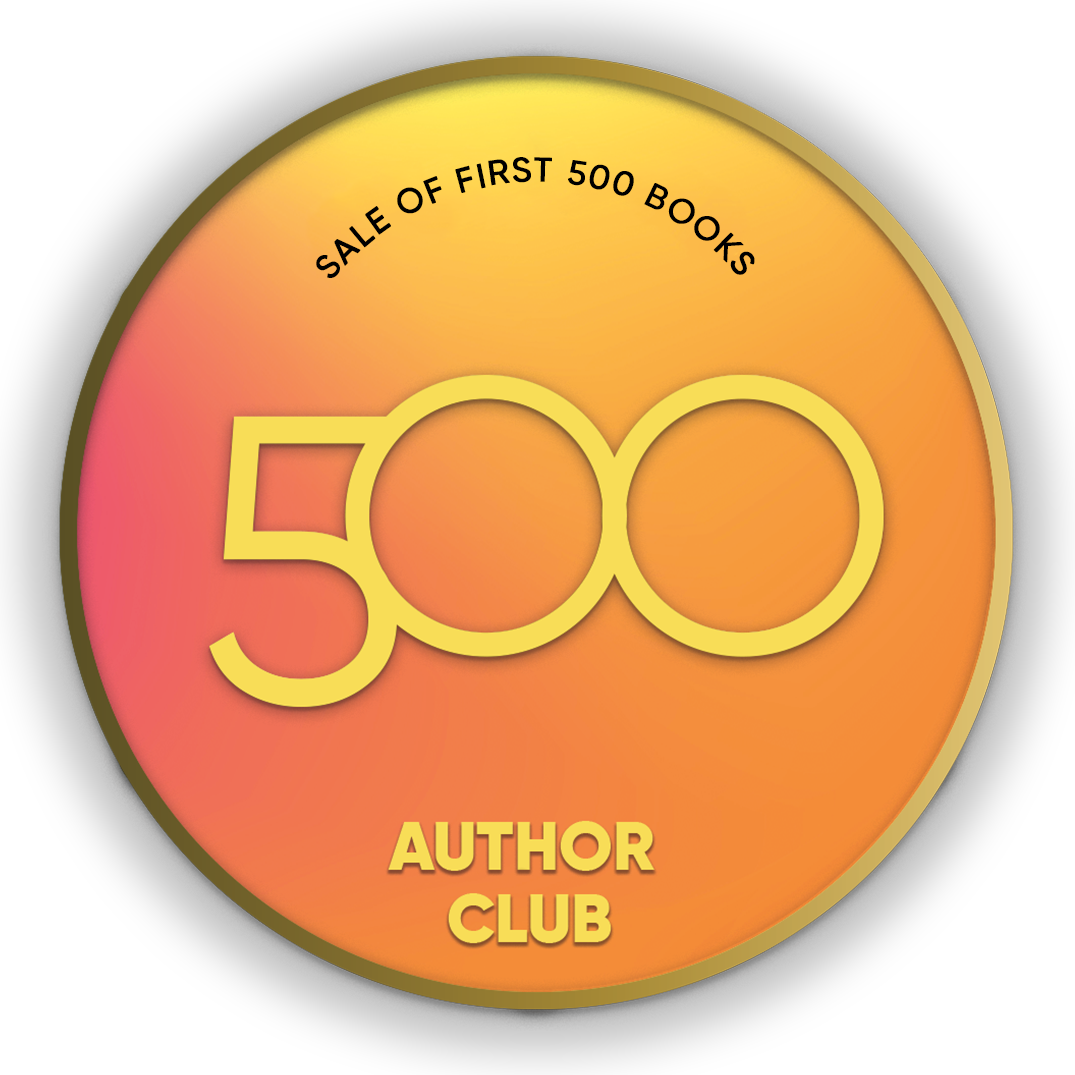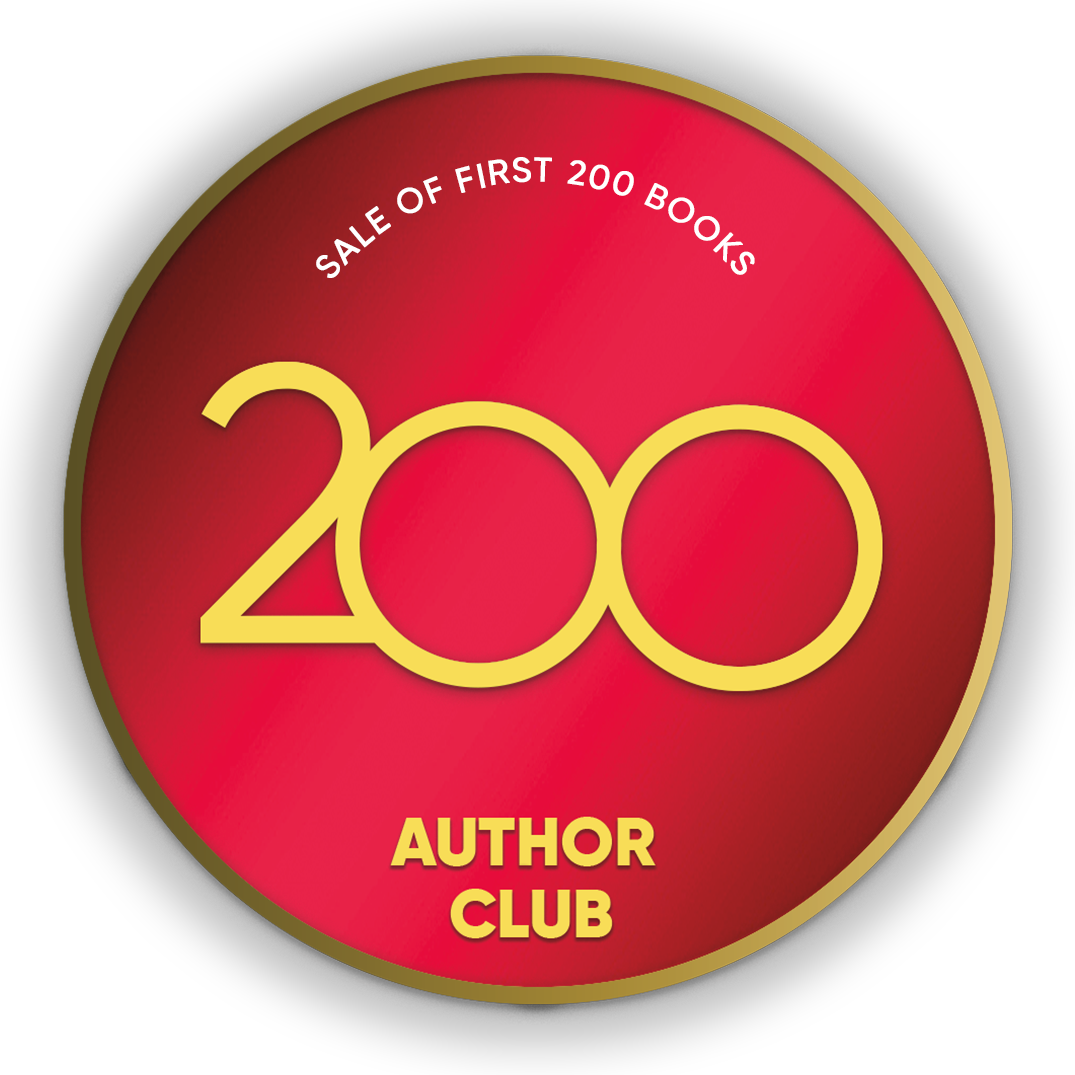A.M. Zungeru, J.M. Chuma, H.U. Ezea, M. Mangwala and Lucia Keleadile Ketshabetswe
Murtala Adamu Zungeru, PhD, is a Senior Lecturer of Electronics Engineering at the Botswana International University of Science and Technology (BIUST). He was a Research Fellow in the Electrical Engineering and Computer Science Department at The Massachusetts Institute of Technology (MIT), USA, in 2014. Before joining BIUST in 2015, he was a Senior Lecturer and Head of Electrical and Electronics Engineering Department at the Federal University Oye-Ekiti, Nigeria.
He is the Author of Handbook of Laboratory Experiments in Electrical and Electronics Vol.3, published by the International InstituteRead More...
Murtala Adamu Zungeru, PhD, is a Senior Lecturer of Electronics Engineering at the Botswana International University of Science and Technology (BIUST). He was a Research Fellow in the Electrical Engineering and Computer Science Department at The Massachusetts Institute of Technology (MIT), USA, in 2014. Before joining BIUST in 2015, he was a Senior Lecturer and Head of Electrical and Electronics Engineering Department at the Federal University Oye-Ekiti, Nigeria.
He is the Author of Handbook of Laboratory Experiments in Electrical and Electronics Vol.3, published by the International Institute for Science, Technology and Education (IISTE), 2014, and Handbook of Laboratory Experiments in Electronics Engineering Vol. 1, published by Notion Press, November 2016.
Joseph M. Chuma, PhD, is an Associate Professor of Telecommunication and Wireless Communications at the Botswana International University of Science and Technology. He has served as the Dean of the Faculty of Engineering and Technology at University of Botswana. He is also serving as a Board Member in a number of parastatal organizations in Botswana. He has also served as a Postgraduate and Undergraduate external examiner in a number of Universities.
He is the Author of Handbook of Laboratory Experiments in Electronics Engineering Vol. 1, published by Notion Press, November 2016.
Mmoloki Mangwala, PhD, is a lecturer of Computer Engineering in the College of Engineering at Botswana International University of Science and Technology (BIUST). He has been involved in teaching computer systems programming, computer organization and architecture, analogue electronics, operating systems, digital electronics among others. Prior to joining BIUST, he was a computer systems engineering lecturer at Botswana Accountancy College.
He is the Author of Handbook of Laboratory Experiments in Electronics Engineering Vol. 1, published by Notion Press, November 2016.
Lucia Keleadile Ketshabetswe is a Technician in the Electronics Laboratory at the Botswana International University of Science and Technology (BIUST). She possesses a Telecommunications BEng (Hons) from the University of Essex in England. She was an Electronics Engineer at Botswana Technology Centre (BOTEC) – a Research, Design and Development Organization. Before working with BOTEC, she worked as a Telecommunications Officer at the Department of Civil Aviation, Botswana, responsible for maintenance and repairs of Telecommunications and Navigational Aids equipment.
Read Less...



















